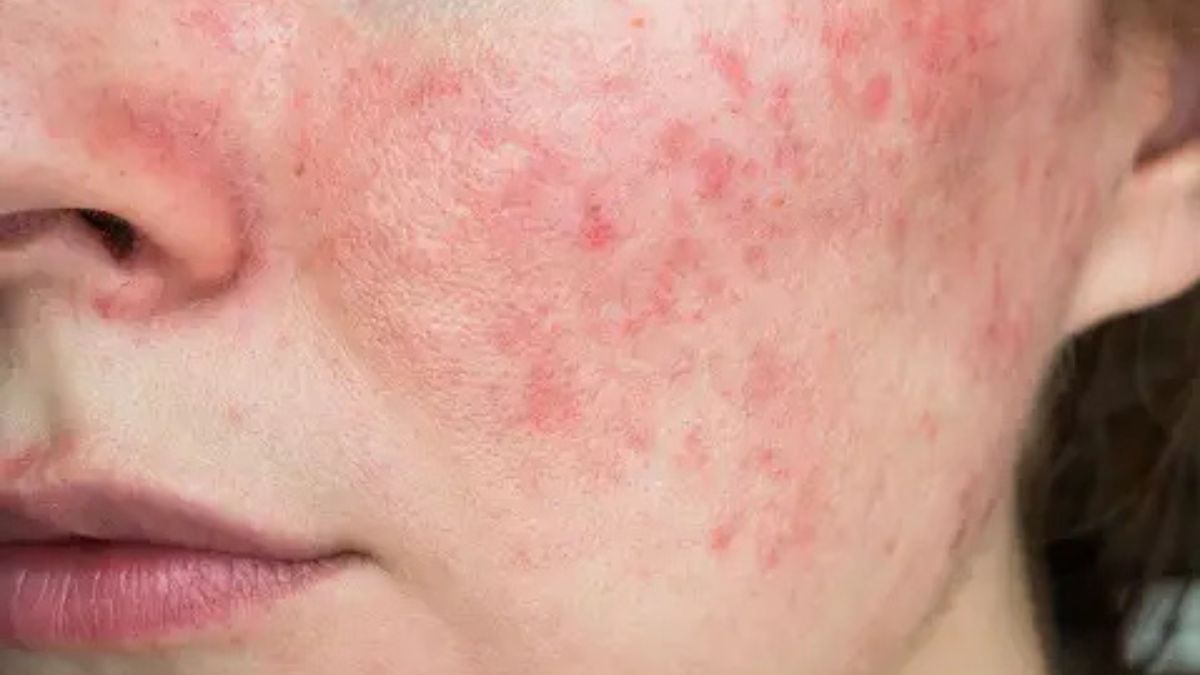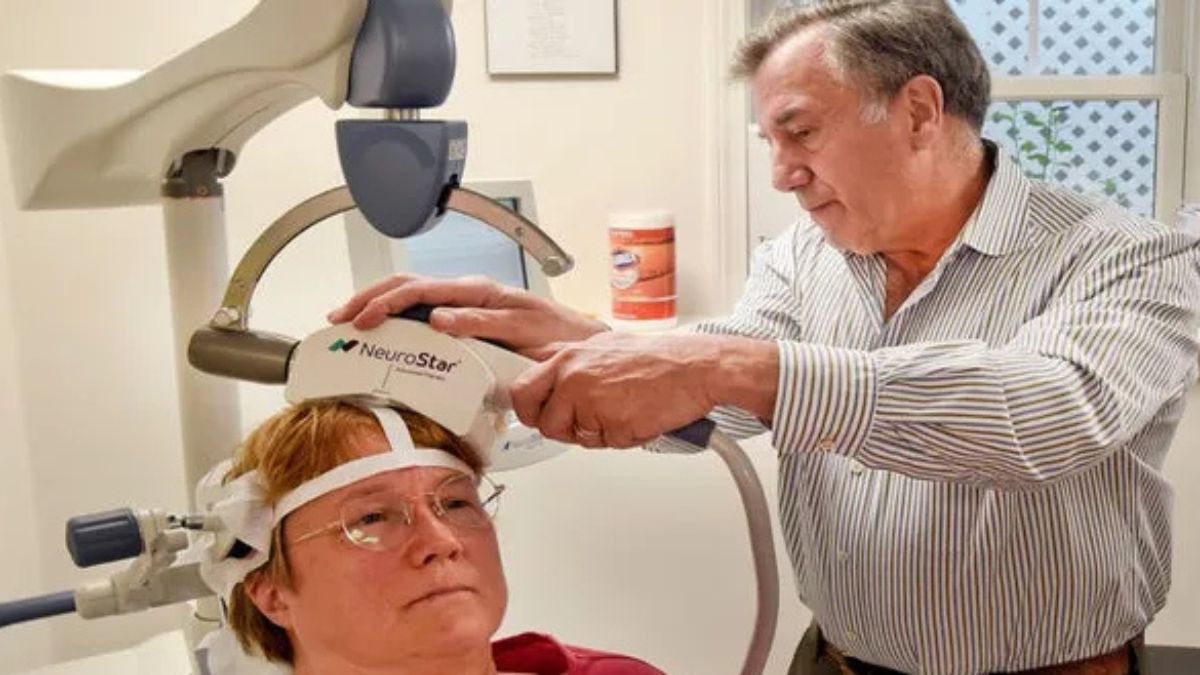The ingredients in your favorite mascara might promise long, lush lashes, but they could also harm your health. Everyday cosmetics often contain chemicals linked to serious health problems, from skin irritation to more severe concerns.
Studies show that around 44% of daily cosmetics users experience adverse side effects. This is especially problematic for women, who use multiple products daily. These chemicals are absorbed directly through our skin, potentially entering our bodies.
Want to know what’s in that new moisturizer? You might be surprised. Companies can hide a whole cocktail of chemicals under the word “fragrance” on the label, leaving consumers unaware of what they’re putting on their bodies.
This lack of transparency has real consequences. Research suggests common cosmetic ingredients may be linked to cancer, reproductive issues, and allergies. The full extent of these risks remains uncertain – a gamble we shouldn’t have to take with our health.
Don’t panic, but do get informed. It’s time to look closer at your makeup bag and discover simple swaps to protect your health without sacrificing style.
Could Your Cosmetics Be Making You Sick?
We make choices every day about the products we use on our bodies. But these choices could have unintended, and even dangerous, consequences. Many health experts call for a closer look at the ingredients in our cosmetics, as they are linked to the following diseases:
Uterine Cancer
Uterine cancer is the most common cancer affecting a woman’s reproductive system. A recent study has uncovered a disturbing connection: women who frequently use hair relaxers or straighteners may have a four times higher risk of developing this disease compared to those who don’t.
While scientists are still identifying the exact culprits, hair relaxers often contain harmful chemicals like parabens, formaldehyde, and heavy metals. These can be absorbed through the scalp and into the bloodstream.
This issue highlights existing health disparities. Black women face higher rates of aggressive uterine cancer and worse outcomes. Frequent relaxer use could be a contributing factor we can address.
This news highlights the need for stricter cosmetic regulations and better research on how these products impact women’s health. Many women facing adverse effects have filed hair relaxer lawsuits, alleging these products contain cancer-causing chemicals and lack sufficient warnings.
Have you been diagnosed with uterine, breast, or endometrial cancer after using chemical hair relaxers or straighteners? You are eligible to take legal action against manufacturers, as per TorHoerman Law.
Breast Cancer
Breast cancer is a devastating disease that affects far too many women and their families. It’s natural to seek answers about its causes to protect ourselves and our loved ones.
While research hasn’t definitively proven that cosmetics cause breast cancer, scientists have found traces of chemicals like parabens and phthalates in breast tissue. These chemicals can disrupt hormones, a known risk factor for breast cancer. More studies are needed for conclusive answers.
While some breast cancer risk factors are beyond our control, choosing to limit exposure to potentially harmful chemicals is something we can do. Here’s how:
- Seek out products that avoid parabens, phthalates, and harsh preservatives.
- Support companies committed to creating safer cosmetics.
- Consult your doctor for a personalized risk assessment, especially if you have a family history of breast cancer.
Reproductive Issues
Many women struggle with irregular periods, painful cramps, or difficulty conceiving, often feeling like these are problems they must endure. However, everyday products in your bathroom could be contributing to these issues.
Researchers are increasingly concerned about “endocrine disruptors.” These chemicals in cosmetics, plastics, and even some sunscreens can mimic our body’s hormones, disrupting our delicate reproductive system.
If you experience changes in your cycle or severe pain, don’t dismiss them as “normal.” Talk to your doctor, especially if you’re trying to conceive. Reducing your exposure to endocrine disruptors could be crucial to finding a solution.
Skin Cancer
We typically associate skin cancer with excessive sun exposure, but there might be hidden risks in your makeup bag and sunscreen. Some common cosmetic ingredients, like oxybenzone (a chemical sunscreen) and nanoparticles (found in some sunscreens and foundations), could interfere with our body’s natural UV defenses.
To best protect your skin, choose mineral sunscreens with zinc oxide or titanium dioxide and check your makeup for oxybenzone or nanoparticles. Remember that shade, clothing, and limiting sun exposure during peak hours are still key.
Regular skin checks with a dermatologist are also important, even if you’re diligent about sun protection.
FAQs
Do I Have to Throw Out All My Makeup Now?
No, you don’t need to ditch everything. Start by reading the labels on your current products. If you find any with harmful ingredients like parabens, phthalates, or heavy metals, those might be worth replacing.
How Can I Tell if a Product Is Safe?
Unfortunately, there’s no foolproof “safe” label on cosmetics. Your best bet is to read ingredient lists carefully. Look for products that avoid harmful chemicals and vague labels. Resources like the EWG’s Skin Deep database can help you understand what’s in your products.
“Natural” and “Organic” Products Are Okay, Right?
“Natural” and “organic” don’t necessarily mean safe in cosmetics. While these terms sound good, regulations around them are loose. These products could still contain irritating ingredients or lack transparency.
Feeling overwhelmed? That’s completely understandable. Remember, the goal is to make informed choices that protect your health without sacrificing your style. Here’s how to start:
- Simplify your routine: Experiment using fewer products or rotating brands to reduce exposure to one ingredient.
- Explore “clean” beauty: More brands than ever prioritize safe ingredients and transparency. Options exist for every budget.
- Consult your doctor: If you have a family history of cancer, allergies, or any health concerns, your doctor can help you weigh the risks and benefits of different products.










